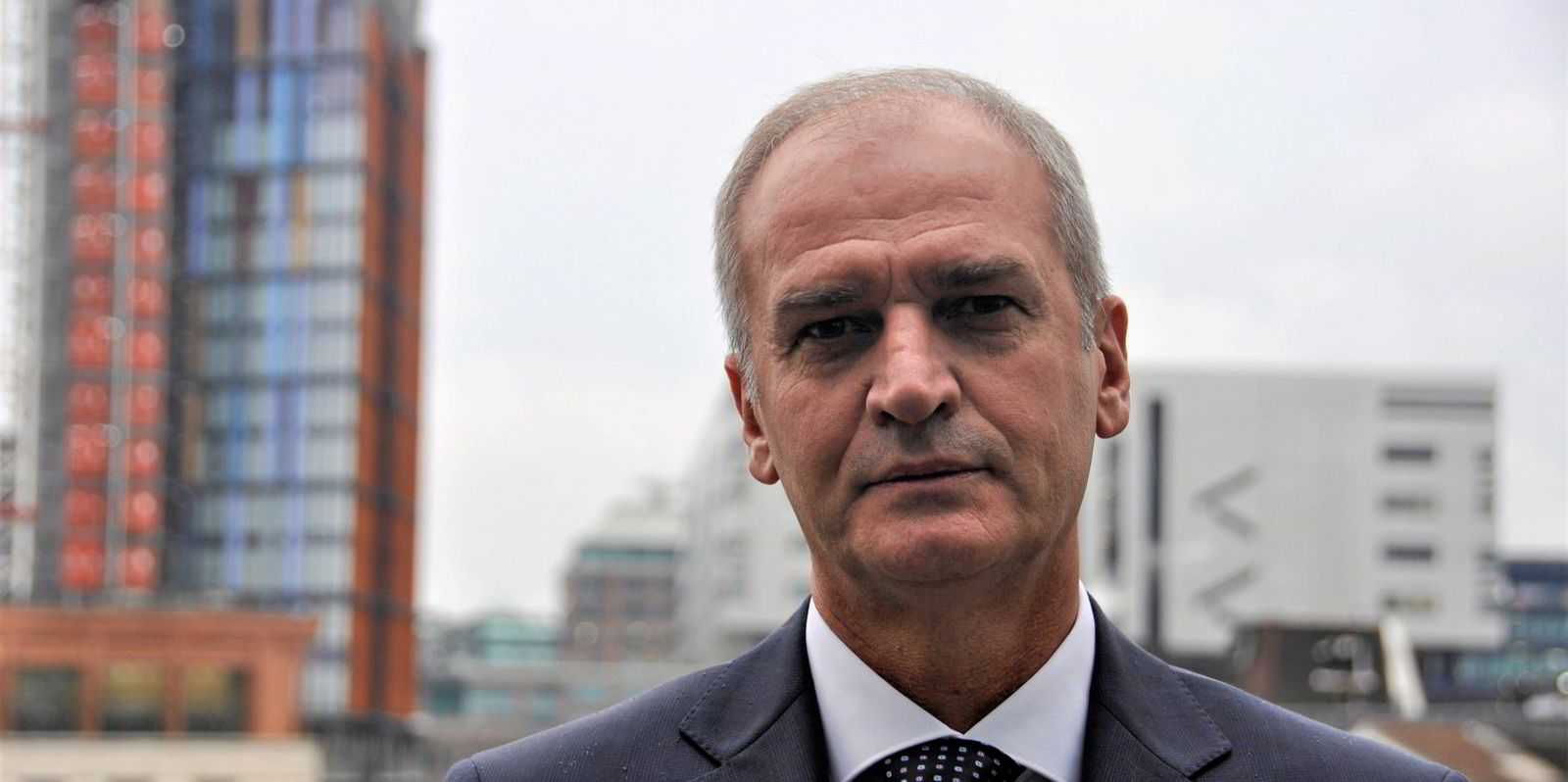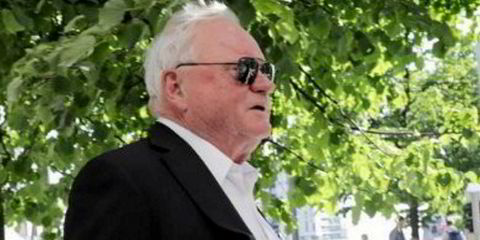Sanctioned Russian state shipowner Sovcomflot (SCF Group) is planning to exchange $928m of Irish eurobonds for Russian notes following problems in paying coupons to investors.
The Moscow-listed group said the first tranche on offer matures on 26 April 2028.
The shipowner has missed two interest payments on its two issues because the payment agent refused to handle its money.
The company has tried to reassure markets it is a trustworthy financial player.
The replacement bonds will be issued to comply with Russian President Vladimir Putin’s executive order from July relating to “repatriation” of economic activity carried out overseas.
The Bank of Russia issued a resolution on 6 October granting registration for the corresponding issue.
“The terms of the replacement bonds will be identical to those of the existing eurobonds in terms of the amount and timing of the coupon payment, maturity and par value,” Sovcomflot said.
Payments to investors will be made in roubles.
Sovcomflot has invited holders to make the swap up until 19 October.
The shipowner also plans to issue replacement bonds for its second eurobond tranche maturing on 18 June 2023, but the timing for this has not yet been finalised.
“As a responsible and trustworthy borrower, Sovcomflot confirms that it is committed to fully discharging the obligations under the notes and that it has the necessary financial resources to do so,” the owner said.
Payment ‘packages’ agreed
In August, Sovcomflot had said it would “shortly” resume coupon payments for its Irish bonds series through unspecified alternative payment arrangements.
The tanker and LNG carrier player now plans to make coupon payments to investors holding notes through Russian depositories.
The missed coupon in April was worth $8.28m on the 2028 series, while the missed June payment for the 2028 issue was not specified.
The Irish notes were delisted by the Irish Stock Exchange in Dublin on 12 April, “without proper notification”, Sovcomflot said.
On 31 December, the company had $600m of cash and cash equivalents.
Chief financial officer Nikolai Kolesnikov, a British citizen, left the company in March as sanctions were imposed over Russia’s invasion of Ukraine.






